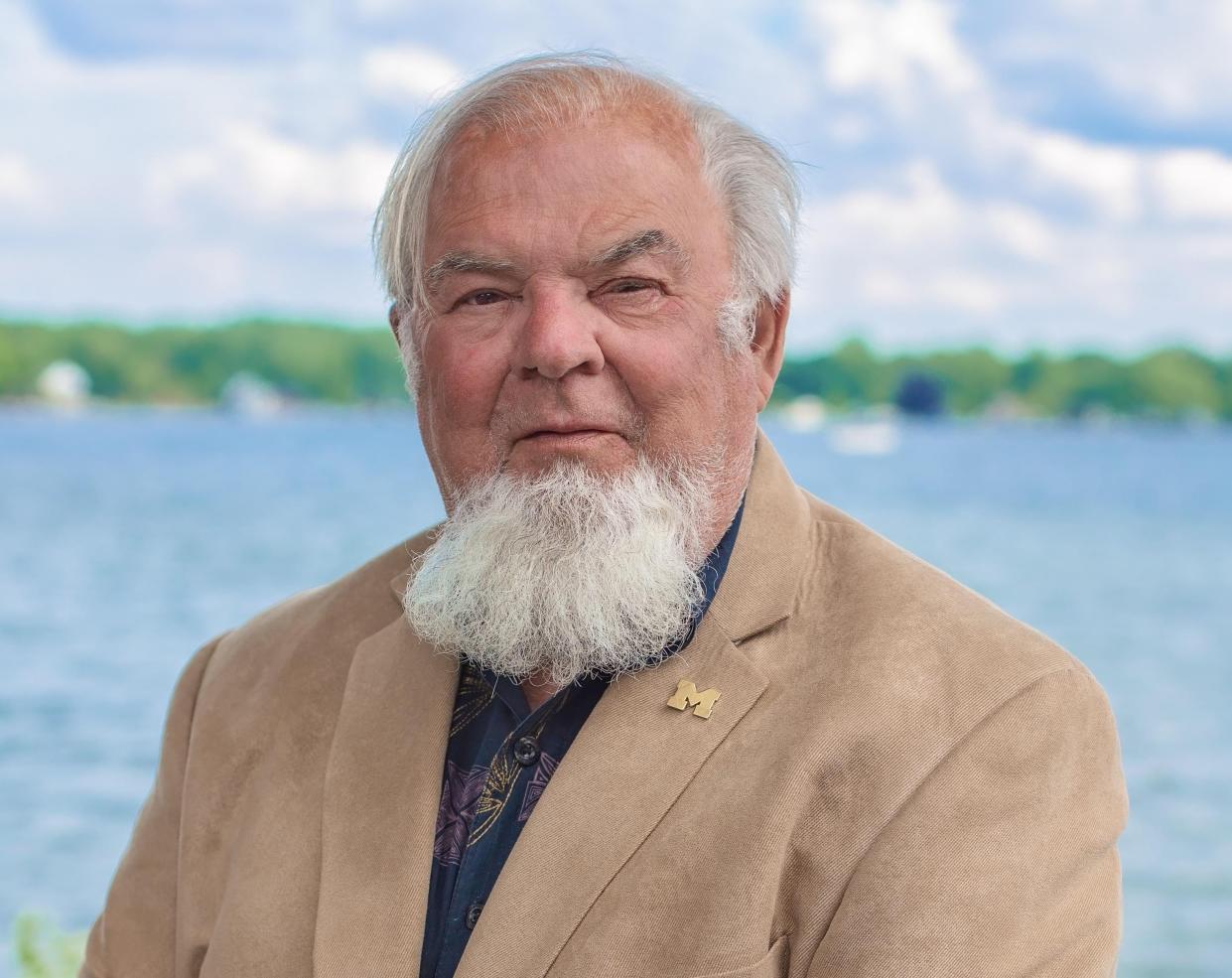Presidential powers under the law

Litigation is with us in President Joe Biden’s efforts to give students relief from their student loans. As a background to that issue, it will be useful to review the foundational case on presidential power: Youngstown Sheet & Tube Co. v. Sawyer (1952), especially Justice Robert H. Jackson’s famous concurring opinion.
In April 1952, President Harry Truman issued an executive order to his secretary of commerce, Charles Sawyer, to seize most of the nation’s steel mills to avert a nationwide strike. Truman was no doubt concerned about the supply of steel during the Korean War and perhaps saw the situation as an emergency. The steel mills quickly filed suit against the government. Appearing before District Judge David A. Pine in Washington, D.C., the government’s lawyer, Holmes Baldridge, claimed an “inherent power” in the president. Judge Pine stood up to the president and said “no” and issued a preliminary injunction against the order. Well-known attorney John W. Davis argued the case for the private parties, the companies, before the Supreme Court.
Judge Pine was affirmed by the Supreme Court. Truman would be under the law. The most enduring opinion of the court was authored by Justice Jackson in his concurrence, which contained a useful three-part model of presidential power, to wit: 1) the president plus Congress; 2) the “zone of twilight”; and 3) the president minus Congress. Jackson’s thesis was: “Presidential powers are not fixed but fluctuate, dependent upon their disjunction or conjunction with those of Congress.”
The first category is the president plus Congress. Here, the president is at his strongest, because he has all of his power under Article II of the Constitution and the power Congress delegates to him under Article I. Power is at its maximum; he “may be said … to personify the federal sovereignty.” If he cannot do it here, the whole government cannot do it.
The second category is where he does not have a delegation from Congress, but “there is a zone of twilight in which he and the Congress may have concurrent authority, or in which its distribution is uncertain. Therefore, congressional inertia, indifference or quiescence may sometimes, at least as a practical matter, enable, if not invite, measures on independent presidential responsibility.” Evaluation of power exercised may depend on, “…the imperatives of events and contemporary imponderables rather than on abstract theories of law.” (One thinks of the Cuban Missile Crisis of 1962 here).
The third category is the opposite of the first, president minus Congress. The president’s power here is at its “lowest ebb.” If Congress is against him and Congress has more power under Article I in the situation than he has in Article II, the president is stopped. That would be the case here where Congress does have dominant power in labor relations and property and Congress had expressed its aversion to presidential seizures in the past in the Taft-Hartley Act of 1947.
Regarding the important topic of emergency powers, Jackson pointed out that only in the habeas corpus limitation on Congress was there an exception for emergencies, otherwise the text of the Constitution was silent. The Framers knew what emergencies were; “(w)e may suspect that they suspected that emergency powers would tend to kindle emergencies.” He wrote about the experience of Germany between World Wars I and II. He emphasized the ease by which Congress could grant power here and was “unimpressed” by the argument that Truman had to act on his own.
Jackson concluded with the immense legitimate political power of the president and the importance of due process: “The essence of our free Government is … to be governed by those impersonal forces which we call law.”
Jackson related the story of 1612 where King James was angry over the independence of his judges. The well-known Chief Justice Coke (pronounced “Cook”) replied to his king: “Thus wrote Bracton (the 13th century treatise writer), ‘The King ought not to be under any man, but he is under God and the law.’”
After the case, the Justices informally met Truman. Truman said: “I don’t much care for your law, Hugo, but by golly, this bourbon is good.” (William O. Douglas, “Go East, Young Man,” 1974).
James W. Pfister, J.D. University of Toledo, Ph.D. University of Michigan (political science), retired after 46 years in the Political Science Department at Eastern Michigan University. He lives at Devils Lake and can be reached at jpfister@emich.edu.
This article originally appeared on The Daily Telegram: James Pfister: Presidential powers under the law
